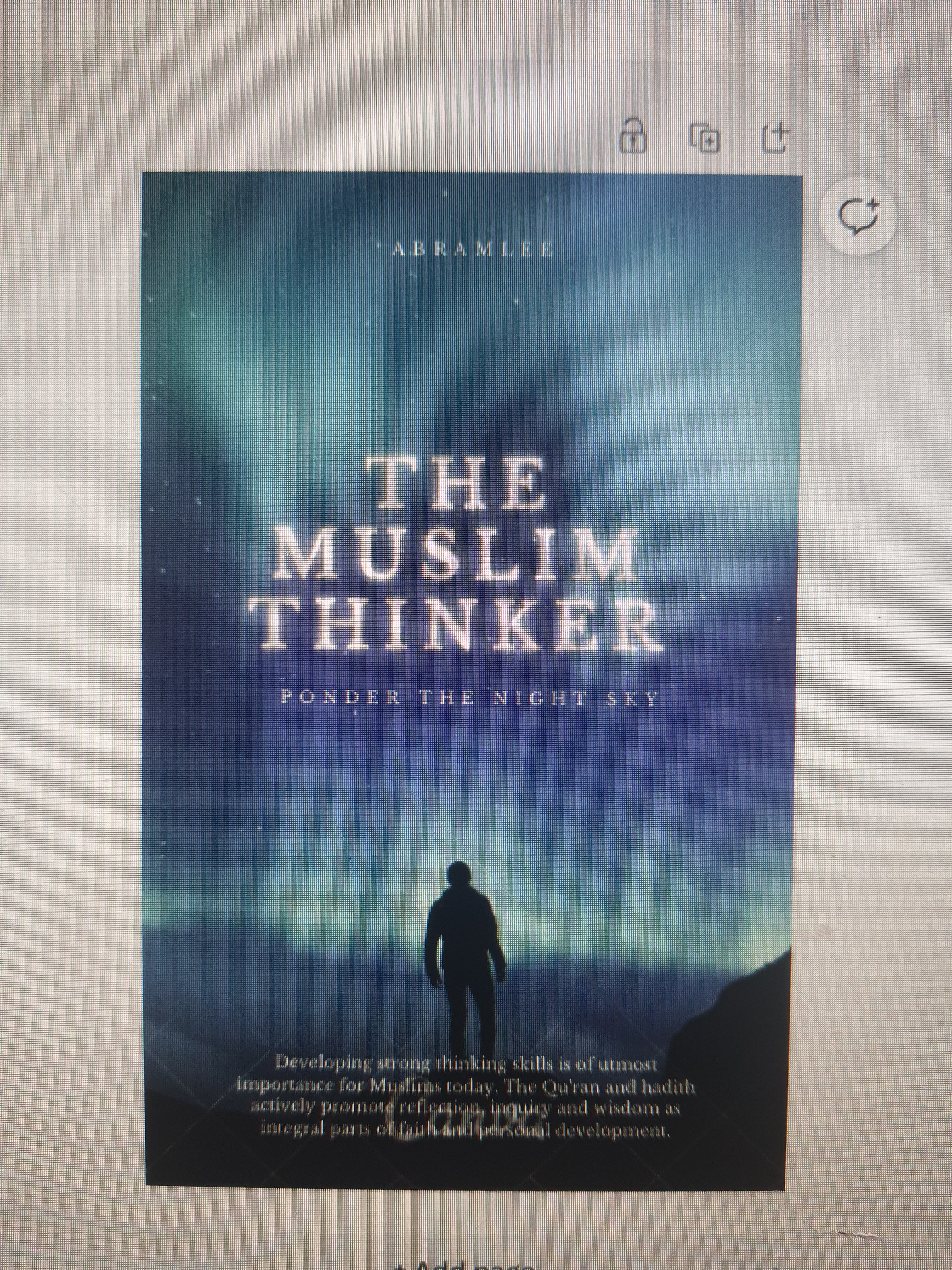Section 2:
Al-Bīrūnī (973-1050 CE) was a celebrated polymath born in today's Uzbekistan who expanded the frontiers of knowledge with his pioneering studies across diverse fields. Despite experiencing religious and cultural diversity firsthand due to travels with armies, Al-Biruni maintained an open and inquisitive intellectual flexibility. This is evinced by his encyclopedic writings on astronomy, mathematics, geology and more which integrated data from multiple civilizations without bias.
In Tahqīq mā li-l-Hind (India: An Account of the Religion, Philosophy, Literature, Geography, Chronology, Astronomy, Customs, Laws and Astrology of the Indians), Al-Biruni undertook meticulous and impartial documentation of social and scientific practices in India through direct empirical research over 13 years. He objectively recorded details on religion, language, arts, medicine and astronomy by engaging with Brahmins and observing local customs without prejudgment. Al-Biruni analyzed natural phenomena like tides, planetary motions and climate through precise measurements and minimal preconceptions.
By combining investigative fieldwork, cross-cultural knowledge assimilation and stringent verification, Al-Biruni established a scholarly standard of nuanced, evidence-based analysis. His methodology illustrated seeking truth and accuracy over rigid assertions. Al-Biruni's open-minded yet rigorous pursuit of understanding diverse perspectives reflects the flexibility of Islamic fiqh balanced with empirical sciences. His distinction as one of history's most unbiased scholars inspires continuing this tradition.


the aialbabbot - Muslim Thinker
Section 1 of Chapter 1:
Ibn Sīnā (980-1037 CE), known in the West as Avicenna, was one of the most influential Muslim polymaths and scientists. Born in Bukhara (located in modern Uzbekistan), he exhibited an avid intellect from a young age by mastering logic, mathematics and natural sciences. His keen curiosity and diligence in investigating nature through experimentation and reasoning set him apart.
One of Ibn Sina's most renowned works was al-Qānūn fī al-Ṭibb (The Canon of Medicine), a vast medical encyclopedia summarizing contemporary scientific knowledge alongside his own clinical observations and therapeutic recommendations. What made The Canon groundbreaking was Ibn Sina's emphasis on careful empirical data collection rather than mere theoretical speculation. He advocated direct observation of diseases, their symptoms and impacts on human anatomy through autopsies and animal trials.
Ibn Sina was a pioneer in stressing the importance of evidence-based diagnosis and treatment. He was among the first to promote an analytical "step-by-step" approach to problem-solving in medicine. These empirical foundations established by Ibn Sina helped elevate the scientific credibility and academic rigor of the medical field. His emphasis on combining education and experimentation inspired generations of Muslim and European physicians. Through the diligent documentation of his findings, Ibn Sina exemplified the Islamic value of beneficial knowledge-sharing for current and future communities.
Section 1: Ibn Sīnā (Avicenna)
- Brief biography highlighting his curiosity and scientific works
- Focus on Ibn Sina's method of careful observation, documentation and experimentation evidenced in the Canon of Medicine
- His influence on advancing medical education and empirical approach set an exemplary standard
Section 2: Al-Bīrūnī
- Introduction to his background and intellectual flexibility
- Analysis of Al-Biruni's painstaking investigations of natural phenomena in India as documented in Tahqīq mā li-l-Hind
- His precise methodology and minimal assumptions provide a model for inquisitive scholarship
Section 3: Al-Jābir ibn Hayyān
- Overview of Al-Jabir's origins and focus on alchemy
- Examination of how he introduced systematic experimentation and quantification through his Book of the Composition of Alchemy
- Impact of his work in developing chemistry as an empirical science
Section 4: Ibn al-Haytham
- Brief profile of his advancements in optics and analysis method
- Exploration of Ibn al-Haytham's breakthroughs explained in Book of Optics
- Significance of his experiments proving theories through observable evidence
Section 5: Az-Zahrawi
- Background on his role as a physician in Muslim Spain
- Discussion of how his 30-volume medical encyclopedia documented innovative surgical techniques with detailed diagrams
- Legacy as a pioneer formalizing surgical practices and vocabulary
Please share any feedback on how to strengthen the flow and messaging of this introductory chapter focused on early Muslim scientists as exemplars of rigorous, evidence-based approaches to discovery. The goal is inspiring readers by highlighting scientific forefathers.
Chapter 1: Early Pioneers of Science in the Islamic World
Ibn Sīnā (Avicenna) - Advancing Medicine through Observation & Experimentation
Al-Bīrūnī - A Scholar's Inquisitive Approach to Natural Philosophy
Al-Jābir - Foundations of Modern Chemistry Laid by a Skilled Alchemist
Ibn al-Haytham - The First Scientist? His Contributions to Optics
Az-Zahrawi - The Father of Modern Surgery Documented Advancements




